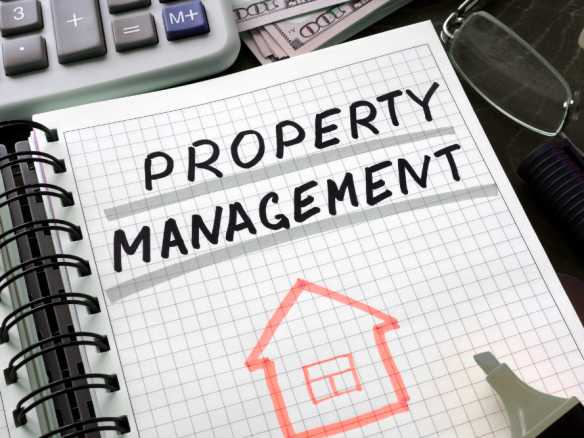Investing in real estate can be a powerful strategy for growing wealth, providing long-term financial stability and the opportunity for passive income. To guide you through the process, we have gathered answers to some frequent questions about property investment. Continue reading below to discover more.
How do I know if I’m ready to buy?
Before purchasing an investment property, it’s important to evaluate your financial position. Do you have sufficient savings for the deposit and potential unforeseen expenses? Is your income steady enough to handle mortgage payments if the property sits empty for a while? If you’re uncertain about your financial readiness to buy an investment property or grow your portfolio, consult a financial advisor to review your individual circumstances.
What are the risks of property investment?
As with any investment, property carries its own set of risks. Changes in the market can influence property values and rental demand. Expenses for maintenance, periods of vacancy, and unexpected repairs can also impact your cash flow. Moreover, higher interest rates may lead to increased mortgage payments, potentially reducing your return on investment (ROI). To manage these risks, consider diversifying your portfolio and ensuring you have sufficient insurance and reserve funds to handle challenging market conditions.
What type of property should I invest in and where?
The type of property you choose should align with your investment objectives. Residential properties are typically easier to lease and manage, and they provide tax benefits such as negative gearing and depreciation. Ideally, focus on suburbs experiencing strong population growth, with plenty of job opportunities and good infrastructure, including transport links, schools, and shopping centres.
What are the financing options?
There are various loan types to choose from, such as interest-only loans, fixed-rate loans, and variable-rate loans. An interest-only loan can lower your monthly payments, but it doesn’t reduce the principal balance. It’s essential to compare loan terms and consult a mortgage broker to find the best option for your financial needs.
What are the tax implications?
Owning an investment property offers several tax advantages, such as deductions for mortgage interest, property management fees, maintenance costs, and depreciation of the building and its fixtures. You might also be eligible for a tax deduction through negative gearing if the property’s expenses exceed the rental income. However, when you sell the property, you could be liable for capital gains tax (CGT).
How do I manage an investment property?
You have the option to manage the property yourself or hire a property manager. A property manager will take care of tenant selection, rent collection, and maintenance, but their services come with a fee. If you prefer a more hands-on approach, self-managing can save you money, but it demands time and effort. Keep in mind that while property management fees add to your costs, they are tax-deductible, and you’ll benefit from having an expert handle the day-to-day operations of your property.
Property investment can be a valuable way to build wealth, but it’s important to fully understand the associated risks, financing options, and management responsibilities. Be sure to consider the points above and consult with qualified legal and financial professionals to receive tailored advice based on your specific goals and circumstances.
Remember, this article is general in nature and is not financial or legal advice. Please consult your professional financial and legal advisors before making any decisions for yourself.




